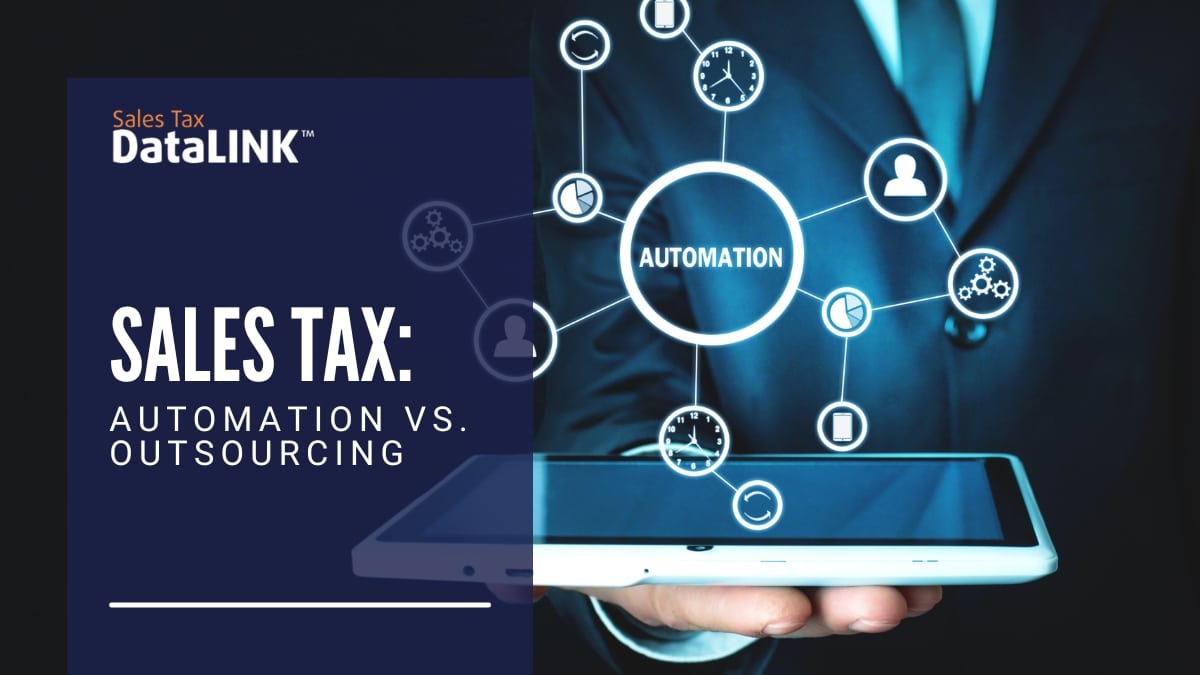Weighing the Promises of Fully Automated Sales Tax Solutions
We recently came across a competitor’s bold claim: their sales tax solution guarantees full automation, ready to deploy within just five minutes. According to them, all you need to do is ensure your point of sale (POS) system is configured with the correct sales tax rate, connect their software to your POS, and continue making sales as usual. This supposedly automated software would handle all your sales tax calculations, earmark the necessary funds, and even process payments on your behalf. It seems like a dream come true, doesn’t it?
While this sales tax automation solution may indeed prove beneficial for certain businesses, it’s essential to approach it with caution. There are crucial considerations to address before completely relinquishing your involvement in sales tax matters. To make an informed decision about the viability of sales tax automation, here are some vital questions you must ask yourself.
Navigating Complex Sales Tax Rates and Jurisdictions
In the past, a business might only need to know a single tax rate. Your state sales tax plus any local sales tax adds up to one sales tax rate. If you run a small retail shop and make all your sales over the counter, that might be all you need to know.
However, the U.S. has thousands of different sales tax jurisdictions. If you have revenue from multiple jurisdictions, you’ll generally need to collect sales tax in each one where you make sales. If your business makes sales at one building but ships, drop ships, delivers, installs, or services your products in other jurisdictions, you may need to use the sales tax rates for each of those locations.
To this point, we’ve been talking as though every transaction in one place has the same tax rate. In fact, there are often different tax rates for different products and services. In Illinois, candy made with flour is taxed at a different rate from candy made without flour. In Texas, belts are not taxable but belt buckles are. In New York, a sliced bagel is taxed differently from an uncut bagel. These are just a few of the most famous discrepancies. Just about every jurisdiction will have some of these special rules — and they change all the time. (In fact, as of this writing, candy with flour is being taxed at 0% in Illinois for a few more weeks before changing again. By the time you read this, any of the rules and rates might have changed once more.)
You’ll need a sales tax engine that can accurately calculate sales tax in every jurisdiction where you need to collect sales tax. It will need to stay up to date. Only Sales Tax DataLINK verifies as you work, in a patented process.
Unraveling the Complexity of Taxable Goods and Services
It’s not just the tax rates. The Wayfair decision allowing states to require sales tax compliance from remote sellers was upsetting to businesses in New Hampshire because they have no state sales tax, so they had no systems in place for collecting sales tax.
If your company sells services, you may not be accustomed to thinking about sales tax at all. Many states have no sales tax for services. When Kentucky began requiring sales tax on services, some businesses actually left the state in hopes of avoiding the new burden of sales tax compliance.
However, you may have sales of your services in other states. How will you know whether you should be collecting sales tax or not? In some states, digital products are taxed. In some, services are taxed if they include a product of any kind. The bundling of goods and services is handled differently in different jurisdictions.
The bottom line is that sales tax is not based on common sense. You can’t apply logic and be sure that you’re collecting the right amount of sales tax.
Assessing Nexus: Unraveling Your Business Connection
Economic nexus (not to mention click-through nexus and cookie nexus) has complicated things considerably. Only the smallest businesses can now assume that they have nexus only in their hometown. You need to determine whether you have nexus in any jurisdiction where you have sales.
Once again, you can’t do this on the basis of common sense. Can you check the sales tax rate in your POS system and assume that it will automatically adjust to take care of your sales tax obligations in every state? By no means. You need a nexus review if your revenue is anywhere close to the thresholds in more than one state.
Discover the Benefits of Outsourcing Sales Tax Compliance
The idea of never having to think about sales tax again is appealing. Setting up sales tax compliance with the click of a button in five minutes sounds great. If you can see that this will not work for you, however, you have an alternative. Outsourcing sales tax compliance can also mean that you don’t have to think about sales tax.
Outsource your sales tax compliance to experts and you can focus on the aspects of your business that actually bring in money, confident that your sales tax responsibilities are being taken care of.
Call 479-715-4275 to discuss your needs.




